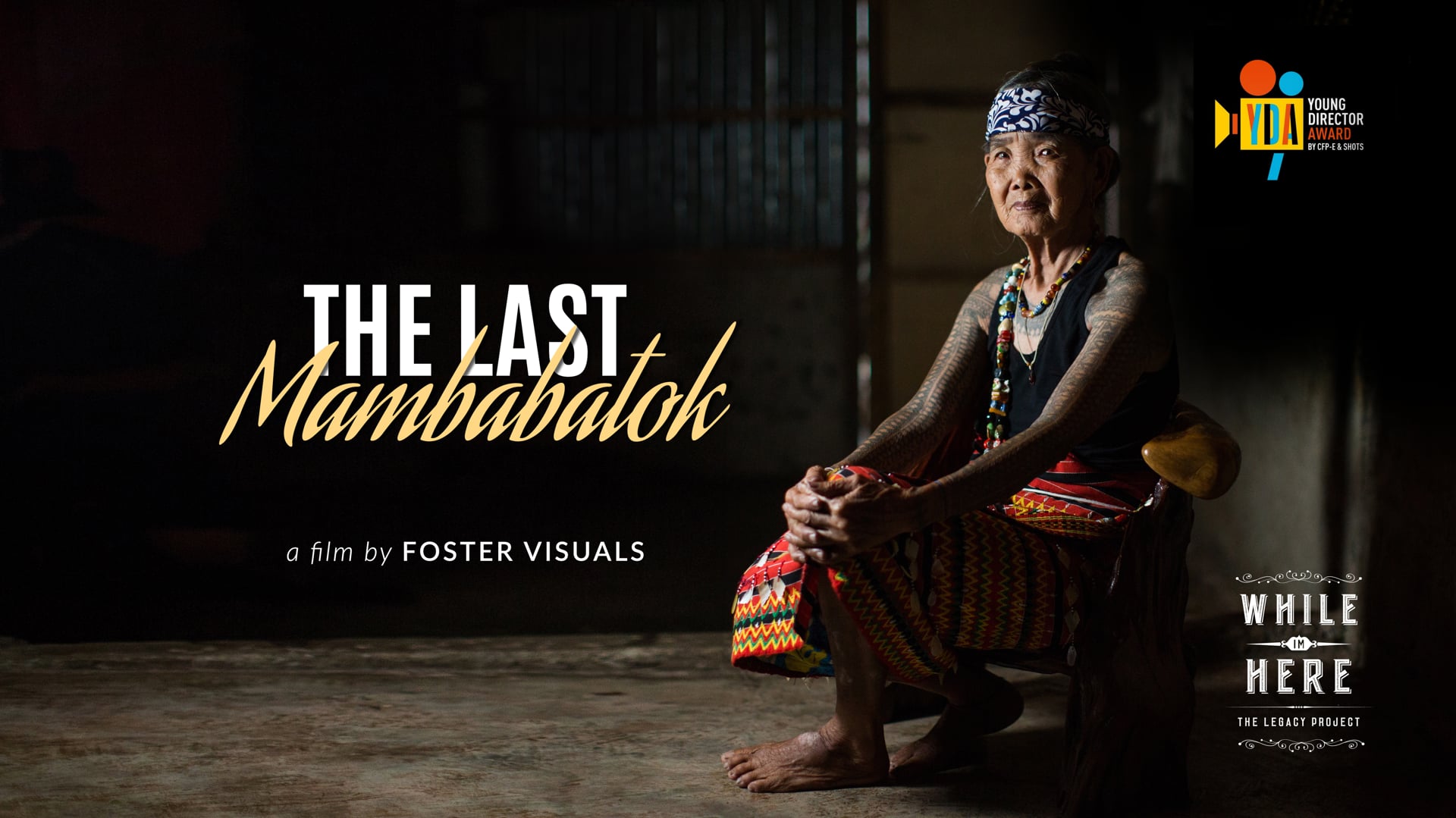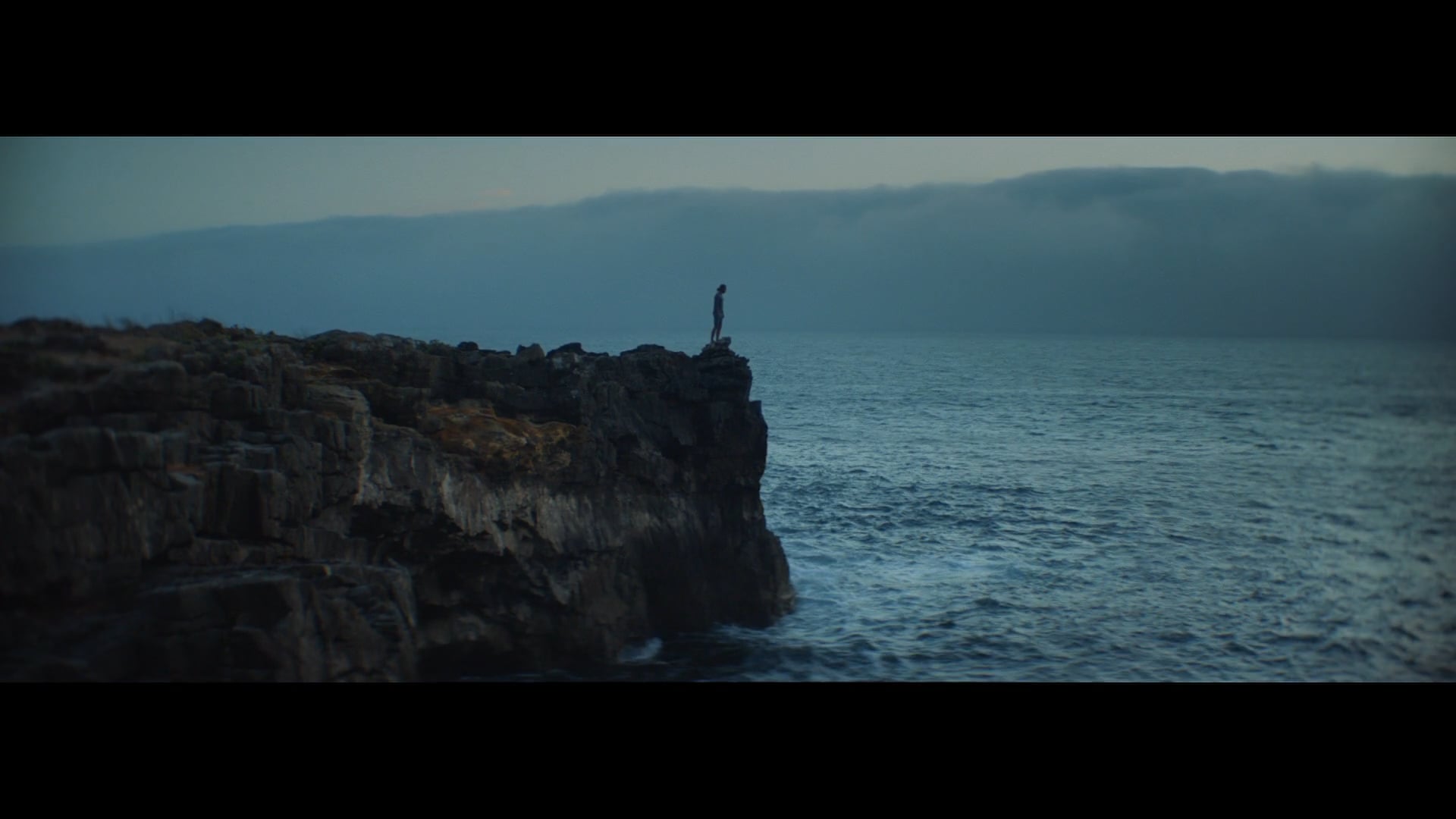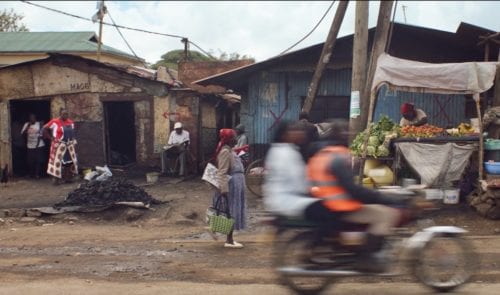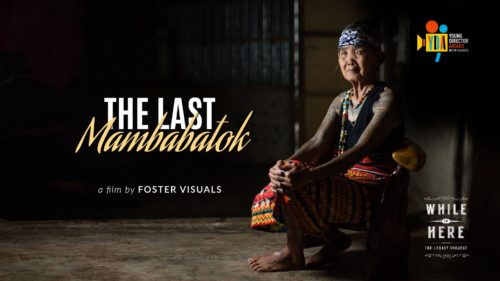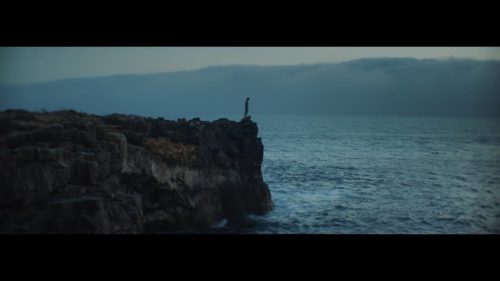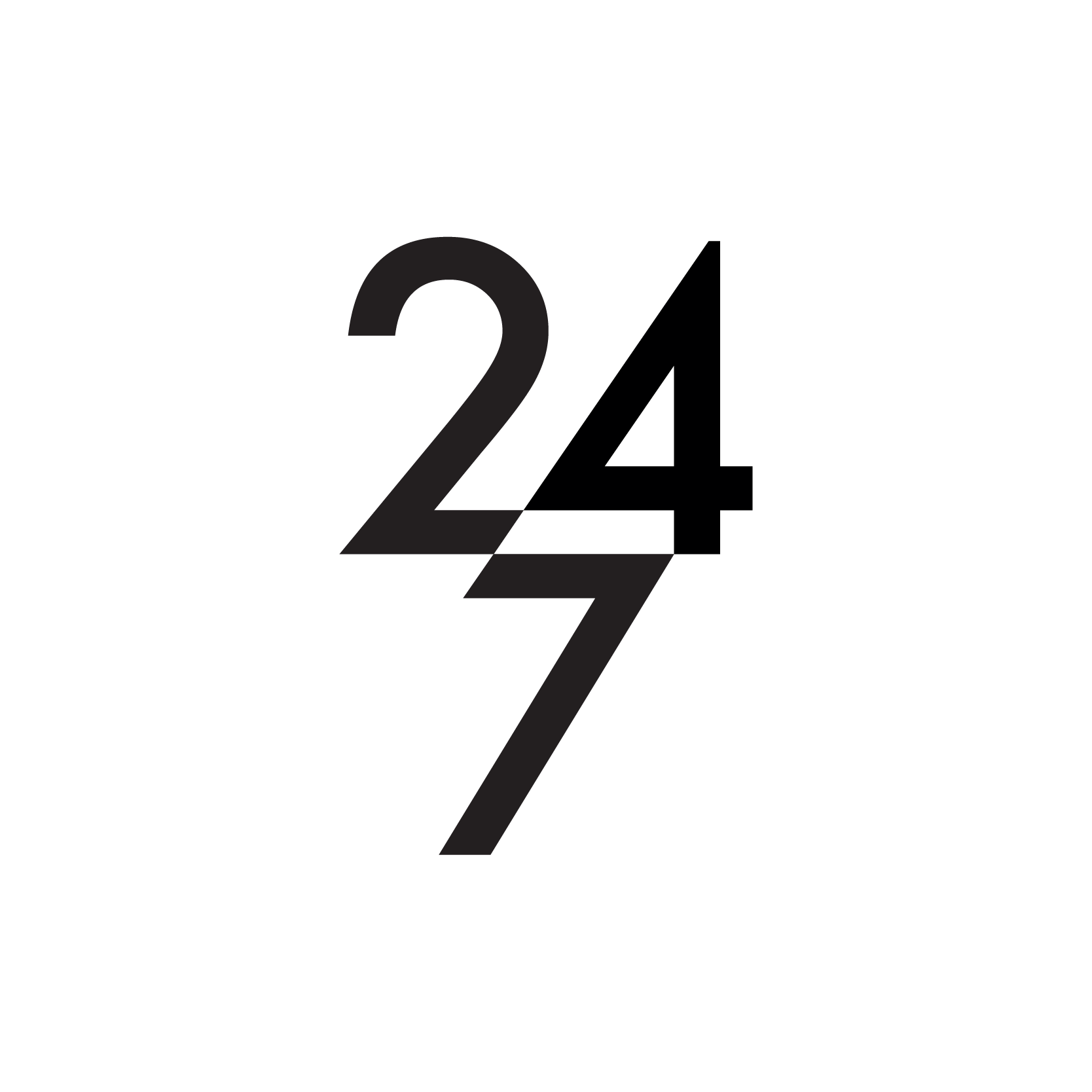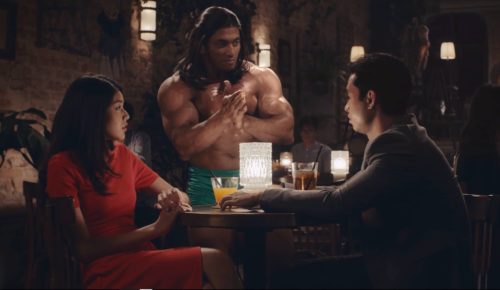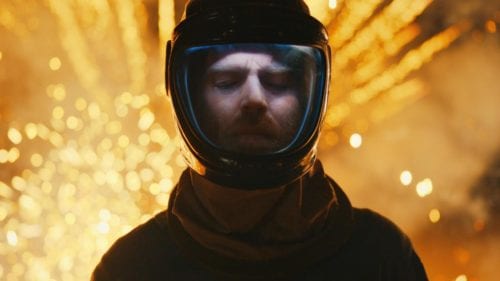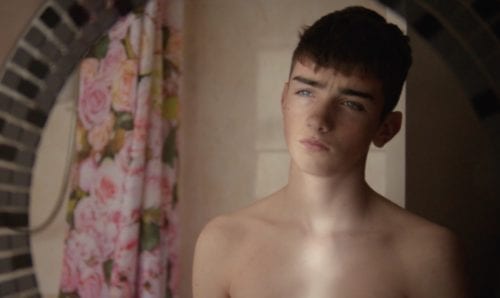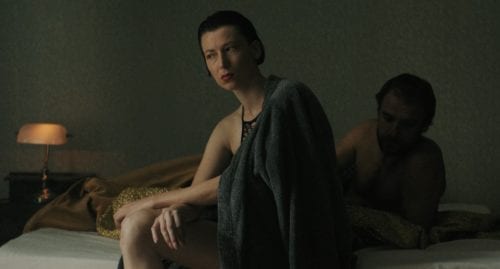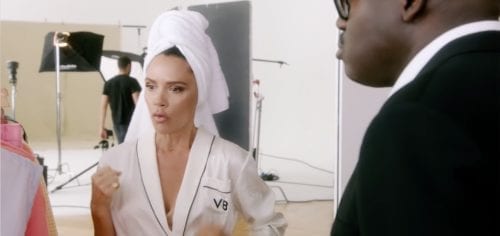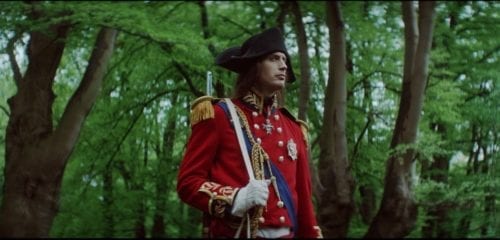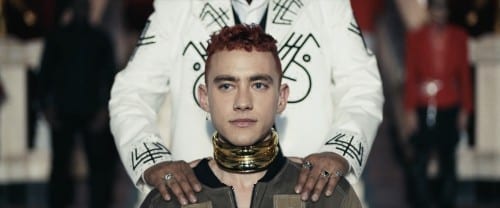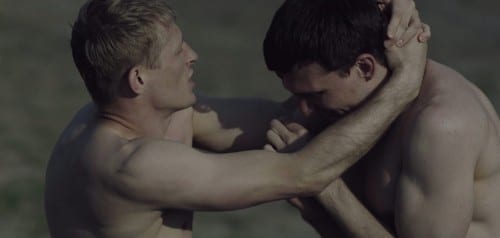Your short film projects are consciously about extraordinary ordinary people usually hidden away in other countries. What’s behind this focus?
There was a man in my tiny hometown in Canada who had an old hockey skate sharpening machine outside in his garage. He was an amazing person, and character. His garage was always a million degrees warm with the wood burning fireplace loaded up, and the place was lined with dusty old hockey pucks people had brought him over the years.
For decades, the people in our community would bring our skates to him and he’d sharpen them, and never take a dime from anyone. He was just always giving back, and I thought that was really admirable, and I had promised myself I’d return home and tell his story.
I waited too long and he passed away. After he did, I came up with the idea of telling similar stories around the world, while these amazing people were still here with us.
How would you sum up your filmic style – both for passion projects and commercial work?
I started my career as a photojournalist, so working with real people, and now also casting talent, choosing locations, etc for commercial work, I always try to keep a lens on what feels genuine.
Story and authenticity come first for me, and I pride myself in creating a quick level of comfort with subjects anywhere I am in the world.
At this point. I’d say my style is genuine storytelling with a premium aesthetic to the supporting visuals.
Let’s take our favourite film from your collection, Enough – the story of a group of “grandmothers” in Kogogocho, Nairobi and how they protect themselves against attacks.How did the story first came to your attention and how did the film evolve?
I first came across this story about eight years ago when I was living in New Delhi and freelancing for The New York Times. It was a quick news hit on a random channel, and it stuck with me.
I ended up in Rwanda working on a story for TIME Magazine and met a journalist from Kenya who had met the women and done the story. I kept in touch with her over the years and decided that it was the right time to tell their story and wrap up my passion project which has been ongoing for the last three years. I’m now getting ready to move into another one in late 2019.
How much preparation could you do before the shoot – or was it more a case of filming spontaneously and editing the material later?
Our team prepared as much as possible for this project, and I treated it the way I do any commercial project by creating a full treatment to share with our team and prospective gear sponsors to help make this a reality.
We hired a fixer in advance to interview the women, show and explain the project to them, and to create a schedule well in advance of filming. We ran this like any other production and did all the planning we possibly could to set ourselves up for success in telling their important story. We felt this was our responsibility and something we owed them for letting us in and opening up so honestly.
Did you have an interviewer drawing out the story from the women?
I prepared for the in-person interview using inspiration and things learned from our pre-interview. Our translator Evelyn Kahungu who spoke in Beatrice’s language relayed what she was saying back to me throughout the process and was also very helpful to let me know the tone of the responses and what she felt would work within the piece. Having a translator that’s also a journalist/producer was extremely valuable for this part of the process since she understood production so well.
What were the main challenges of shooting in Kogogocho?
Korogocho is an extremely challenging place to work with a camera. The main challenges were the huge concerns we had for the safety of our crew, both local, and international. We did our best through hiring local security, and former gang members from the area to help navigate some of the situations that arose. It was a calculated risk, and one we were all willing to take to tell this important story.
Do you have a regular team you collaborate with?
The last three legacy projects have had a pretty incredible core team of friends/volunteers. I feel so fortunate to have them in my lives, and that they also see the value in pursuing these stories.
Other post houses have jumped on board as well and donated their time, which means the world to me.
Where do you call home?
I live on a small hobby farm with 15 chickens, 2 goats, and a couple of dogs just outside of Toronto, Canada and also carry a US visa. At this point, I’ve worked in about 40 countries and travel is certainly a big part of my work. I love to discover new places and take them in for the first time.
We see you are also shooting for the UK market – what kind of briefs do you relish?
Yeah! I just recently signed on with Spindle in the UK and couldn’t be more excited about it.
I love stories, and spots that are highly visual and anthem driven. The more real they can be or feel, the better.
Is there anything else you’d like to share?
I just think it’s super important for directors to continue to pursue passion projects. It keeps your soul afloat. Equally amazing are the production companies out there who go out of their way to help support those projects, so thank you to the EPs out there who recognize the value in this!

